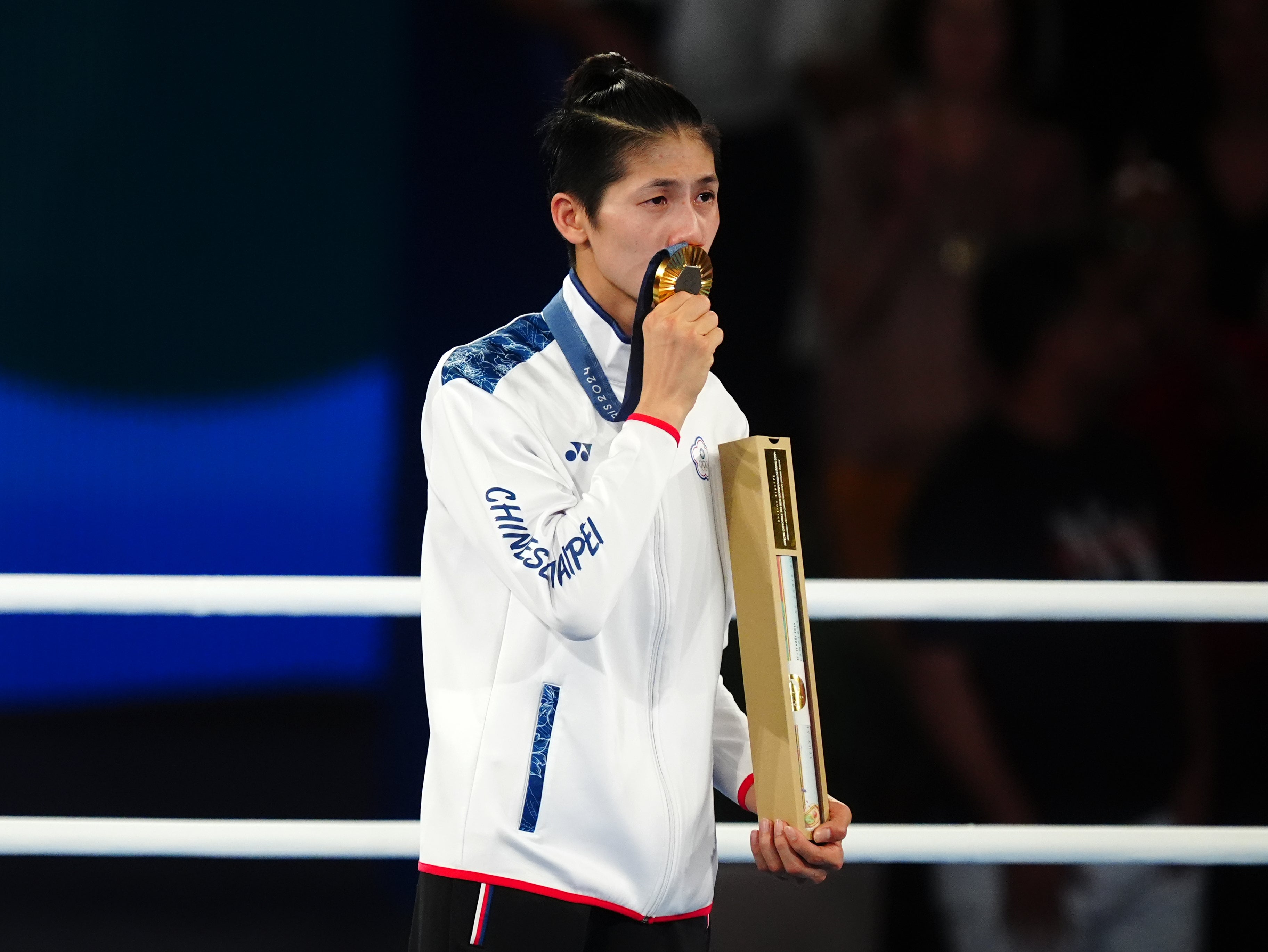Mandatory genetic testing in sport ‘not justified, ethical or viable’, say academics

Join Our Free Sports Newsletter For Updates!
Subscribe To Our Free Sports Newsletter!
Subscribe For Free Sports News Updates!
I’d like to receive emails regarding promotions, events, and news from The Independent. Please check our privacy policy for more information.

A group of scholars argues that requiring sex chromosome testing in sports is not justifiable, ethical, or practical.
Ensuring safety and equity in women's sports was a key focus at this summer's Olympic Games. This was highlighted by the achievements of boxers Imane Khelif and Lin Yu Ting, who both won gold medals in the women's welterweight and featherweight divisions.
The International Boxing Association disqualified the competitors from its World Championships last year for reportedly not meeting gender eligibility requirements. However, the governing body did not present any solid proof to back up these claims at a press conference held during the Games.
The International Boxing Association (IBA) lost its recognition from the International Olympic Committee (IOC) due to issues with governance. As a result, the IOC took charge of organizing and establishing the entry requirements for the boxing events at the Paris Olympics.
While the Games were happening, a team of researchers published an article in the Scandinavian Journal of Medicine and Science in Sports (SJMSS) suggesting that testing for sex chromosomes should be implemented. They expressed their worries regarding the involvement of athletes with XY differences in sexual development (XY DSD) in women's sports.
Nonetheless, a different team of specialists has raised concerns about the suggested testing procedures in an editorial released in the same journal on Monday.
The team, featuring Professor Alun Williams from the Manchester Metropolitan University Institute of Sport, initially pointed out that there is no concrete evidence showing that athletes with XY DSD have a performance edge.
Additionally, they argue that the initial editorial's suggestion for "early" testing among sub-elite athletes should also encompass minors to be effective. They point out that the worries that caused the halt of genetic testing in 1999 still exist and have become even more significant due to the much larger number of younger athletes proposed to undergo testing in the new framework.
The editorial seems to suggest that these tests are easy to conduct—highlighting aspects like "individual consent, confidentiality, and dignity,” along with a “simple cheek swab” as part of “standard medical care." However, the organization pointed out that these reassurances overlook the significant issues that such a testing system could create.
They claim that with the suggested requirement for genetic testing to participate in sports, "young athletes wouldn't have a real option," and some may have to undergo intrusive examinations by gynecologists.
“Consent essentially becomes a forced choice: agree to the testing or you will be excluded from any competitive women’s or girls’ sports, even at amateur levels,” they stated.
They also raise concerns about who would fund and create the necessary global network of counseling professionals needed to run a genetic testing program that meets ethical standards.
"They expressed concern about how to address the impact on young athletes' personal identity and self-worth, as well as the distress it causes their families, for those who are receiving follow-up clinical evaluations and genome sequencing."
"The responsibility for ensuring the safety of these athletes will rest with the sports federations that require these evaluations, but there is little chance that this will be effectively achieved."
The latest editorial states: “There needs to be a thorough discussion to create better regulations. Nonetheless, the suggestion to mandate testing for all young women and girls in sports lacks scientific backing, raises significant ethical concerns, and is not practical to implement.”
Khelif has lodged a formal complaint with the French authorities regarding the online bullying and harassment she experienced during the Olympic Games.
An article addressing the editorial by the Williams group was released in the SJMSS on Monday.
The response indicated that the Williams group seemed to have adopted a principle of “no assumed benefit” concerning XY DSD athletes.
They claim that research indicates athletes with specific XY DSDs possess male reproductive organs and testosterone levels typical for males. Additionally, they have a heightened response to testosterone, leading to more masculine physical traits. These athletes are found to participate in female sports at a rate that is 140 times greater than that seen in the general population, and their athletic performance declines when testosterone levels are lowered.
"Consequently, it can be concluded that athletes with these XY DSDs have certain performance benefits typically associated with male athletes," stated a response from a team that includes sports scientist Ross Tucker.
They also dismissed the notion that testing should be conducted on underage individuals.
"We think that eligibility screening should take place early in an athlete's career to safeguard their privacy and respect their dignity, while also avoiding the ethical mistakes made in the past," they stated.
In their final remarks, they stated: “We are convinced that implementing a more comprehensive screening approach, along with follow-up assessments for uncommon situations, is both scientifically valid and ethically appropriate, as well as practical to carry out.”



















































